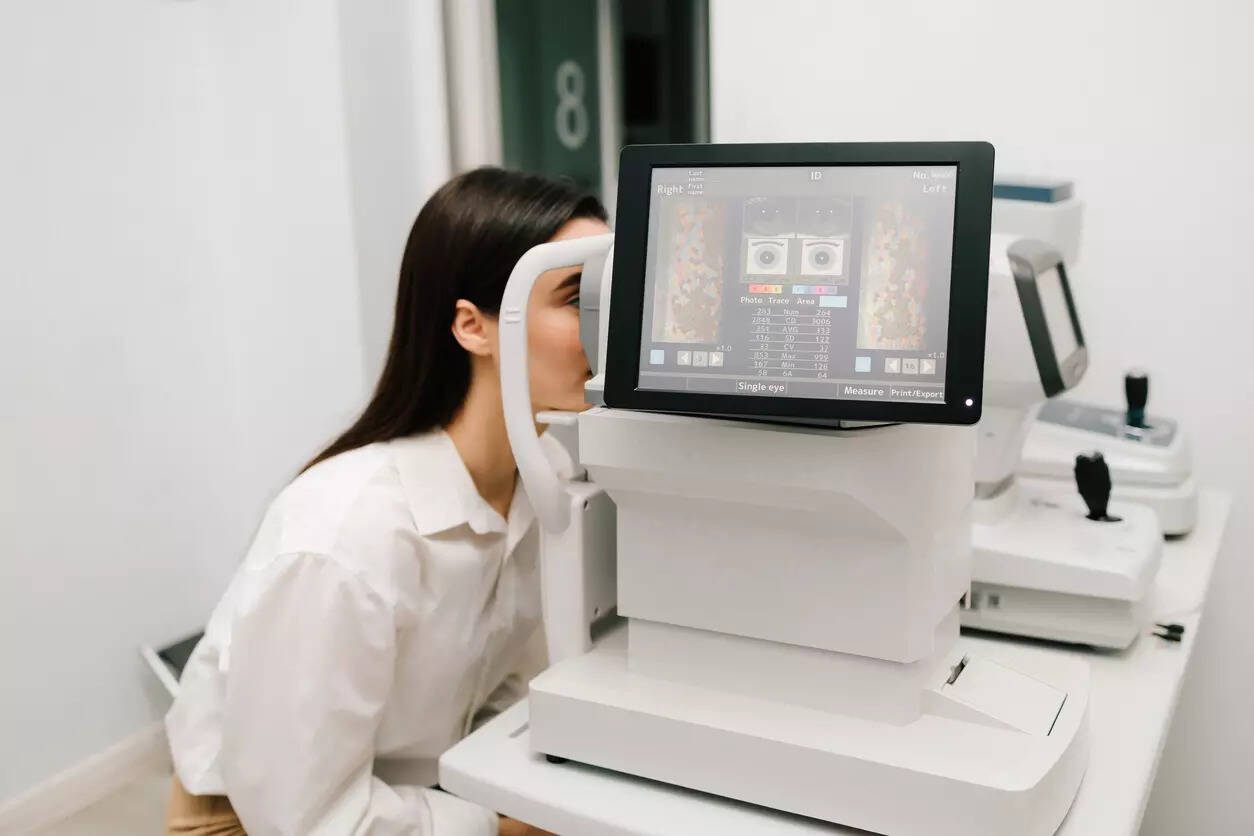
Bengaluru: The World Health Organization (WHO) has expressed interest in Karnataka’s ‘Asha Kirana’ initiative, which provides doorstep eye care, and plans to share its success story with other countries and regions.
The WHO has proposed a comprehensive assessment of the initiative to further strengthen the programme and generate valuable insights and best practices for other regions aiming to implement integrated, people-centred eye care.
In a letter to Harsh Gupta, Principal Secretary of Health and Family Welfare, WHO Representative to India, Dr Roderico H Ofrin, appreciated the state government for conceptualising and effectively implementing the ‘Asha Kirana’ initiative.
“This innovative model, launched under your leadership, marks significant progress towards eliminating avoidable blindness and ensuring equitable access to comprehensive eye care across the state. We are particularly encouraged by how ‘Asha Kirana’ aligns with the WHO’s Integrated People-Centred Eye Care (IPEC) framework,” Ofrin wrote in the letter dated June 30.
Recognising its impact and scalability, the WHO expressed keen interest in systematically documenting the state’s model.
Such an evaluation, Ofrin noted, will help strengthen the programme while providing lessons and best practices for other regions and countries.
“We propose a comprehensive assessment using WHO’s established tools, such as the Eye Care Situation Analysis Tool (ECSAT) and the Eye Care Indicator Menu (ECIM), to document processes, outcomes, and lessons from ‘Asha Kirana’,” he said.
“This documentation will be conducted independently by WHO at no cost to the state exchequer. It will contribute to global knowledge-sharing and support universal eye health,” he added.
WHO has requested the nomination of a nodal officer to coordinate the process.
Taking to the social media platform ‘X’, Health Minister Dinesh Gundu Rao said Karnataka is setting new benchmarks in public health with the WHO recognising ‘Asha Kirana’.
“This validation reinforces our commitment to equitable, accessible, and community-driven healthcare. WHO will now document this model using global tools like ECSAT and ECIM to share processes, outcomes, and lessons worldwide,” he added. PTI